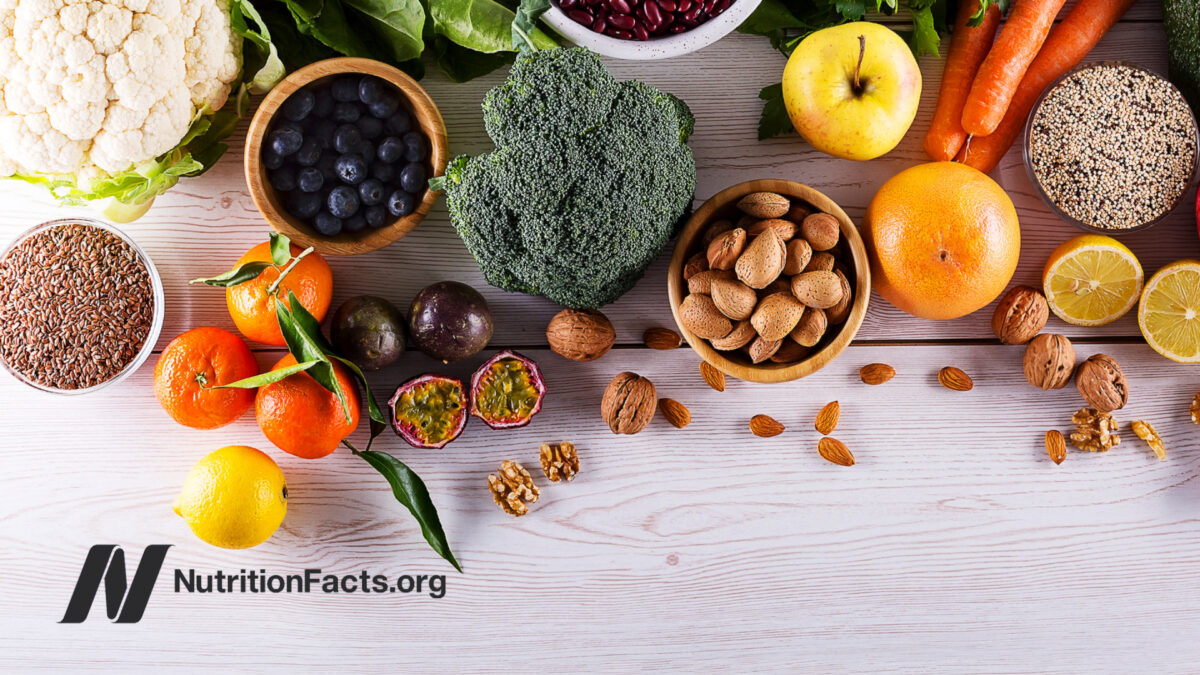
Aging
A six-year study by the Centers for Disease Control and Prevention found three behaviors exerted enormous impact on mortality: not currently smoking, consuming a healthier diet, and moderately exercising at least 21 minutes a day. People with one of the three behaviors had a 40 percent lower risk of dying within that six-year period. Those with two out of three more than halved their chances of dying, and those with all three reduced their chances of dying in that time by 82 percent.
A similar study measured how much vitamin C subjects had in their bloodstreams, as vitamin C level was considered a good biomarker of plant food intake (and hence was used as a proxy for a healthy diet). The drop in mortality risk among those with healthier habits was equivalent to being 14 years younger. It’s like turning back the clock 14 years just by eating and living healthier.
How else might we slow aging?
The mitochondrial theory of aging suggests that free radical damage to our cells’ power source (mitochondria) leads to a loss of cellular energy and function over time. According to the theory, the resulting cellular damage is what essentially causes aging. Aging and disease have been thought of as the oxidation of the body; oxidant stress is thought to be why we all get wrinkles, why we lose some of our memory, why our organ systems break down as we get older.
Basically, the theory goes, we’re rusting.
Eating antioxidant-rich foods may slow down this oxidant process. On average, plant foods may contain 64 times more antioxidants than animal foods. Including a variety of fruits, vegetables, herbs, and spices each meal continuously floods our body with antioxidants to help ward off stroke and other age-related diseases.
Consuming fruits and veggies, and not smoking, has also been associated with longer protective telomeres, the caps on the tips of our chromosomes that keep DNA from unraveling. (Think of the plastic tips on the ends of our shoelaces.) Each time our cells divide, a bit of that cap is lost. Telomeres can start shortening as soon as we’re born, and when they’re gone, we’re gone. The food we eat may impact how fast we lose our telomeres: Consumption of refined grains, soda, meat, and dairy has been linked to shortened telomeres, while fruit, vegetable, and other antioxidant-rich plant food intake has been associated with longer ones.
For substantiation of any statements of fact from the peer-reviewed medical literature, please see the associated videos below.
Image Credit: Pixabay. This image has been modified.
Popular Videos for Aging

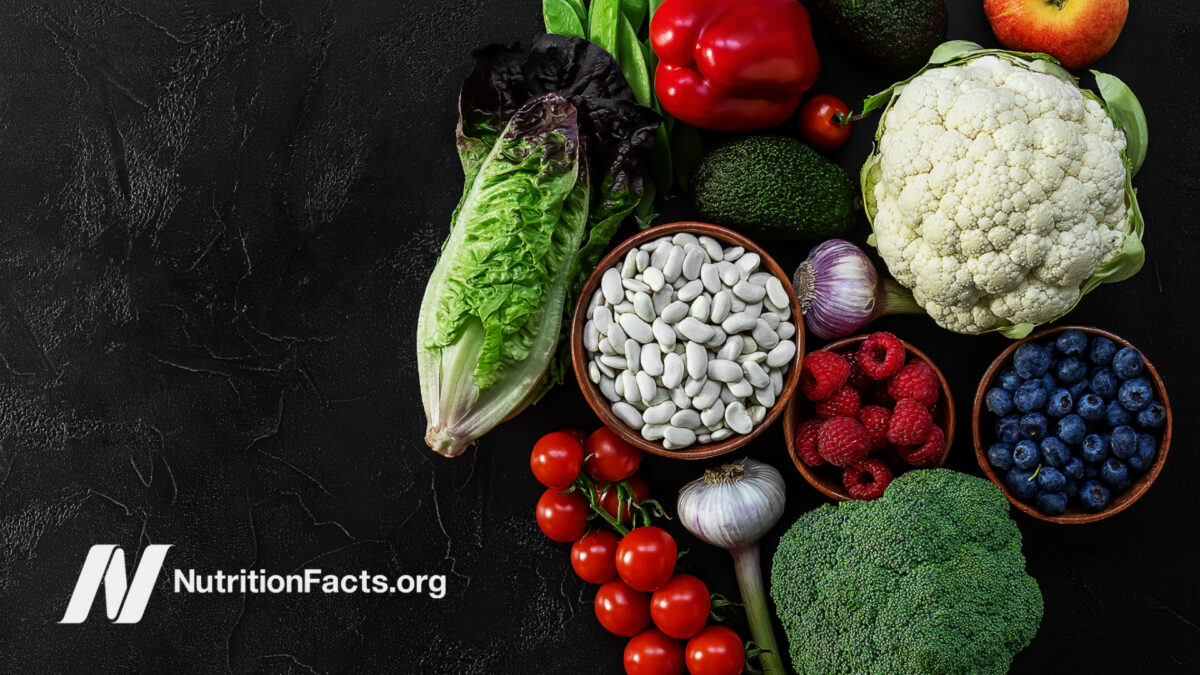
The Best Diet for Healthy Aging
Swapping just 1 percent of plant protein in place of animal protein was associated with...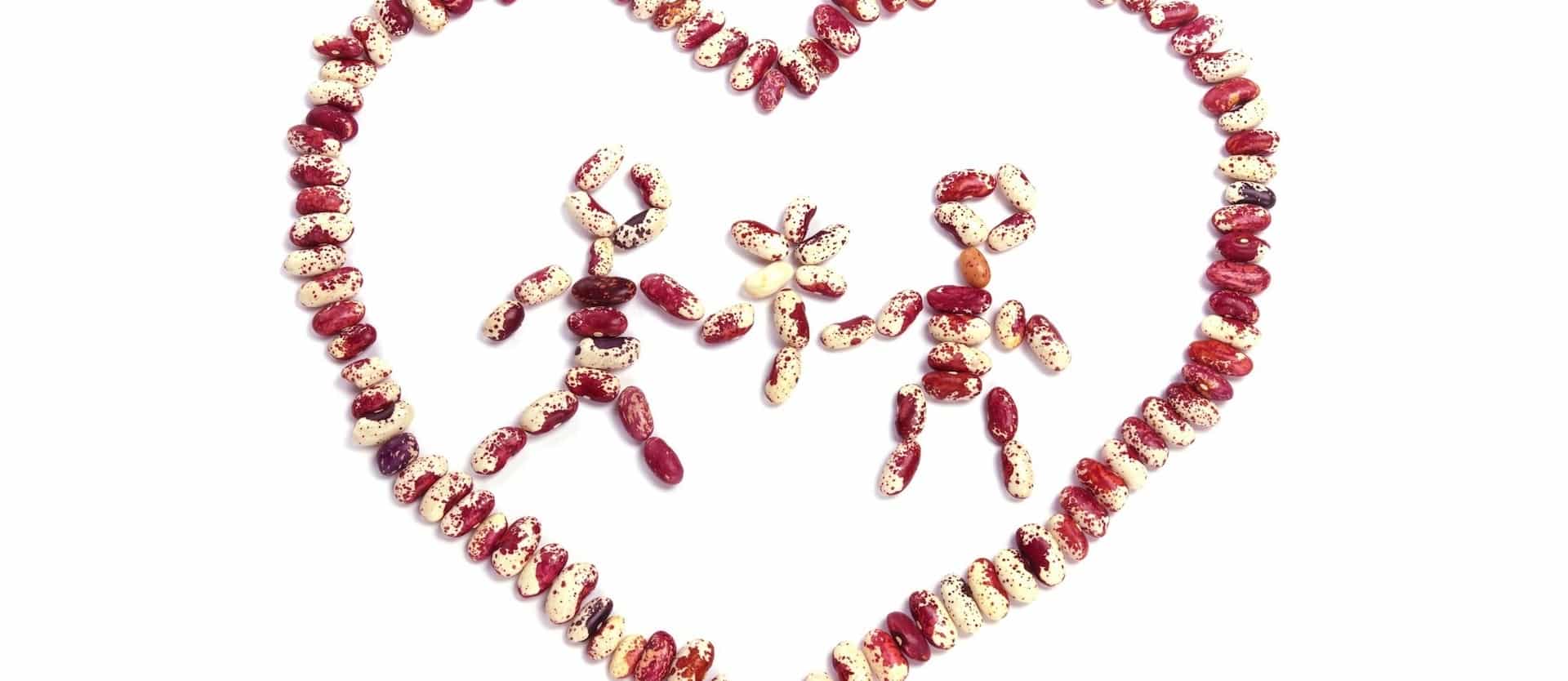
Increased Lifespan from Beans
The intake of legumes—beans, chickpeas, split peas, and lentils—may be the single most important dietary...
Caloric Restriction vs. Animal-Protein Restriction
The lifespan extension associated with dietary restriction may be due less to a reduction in...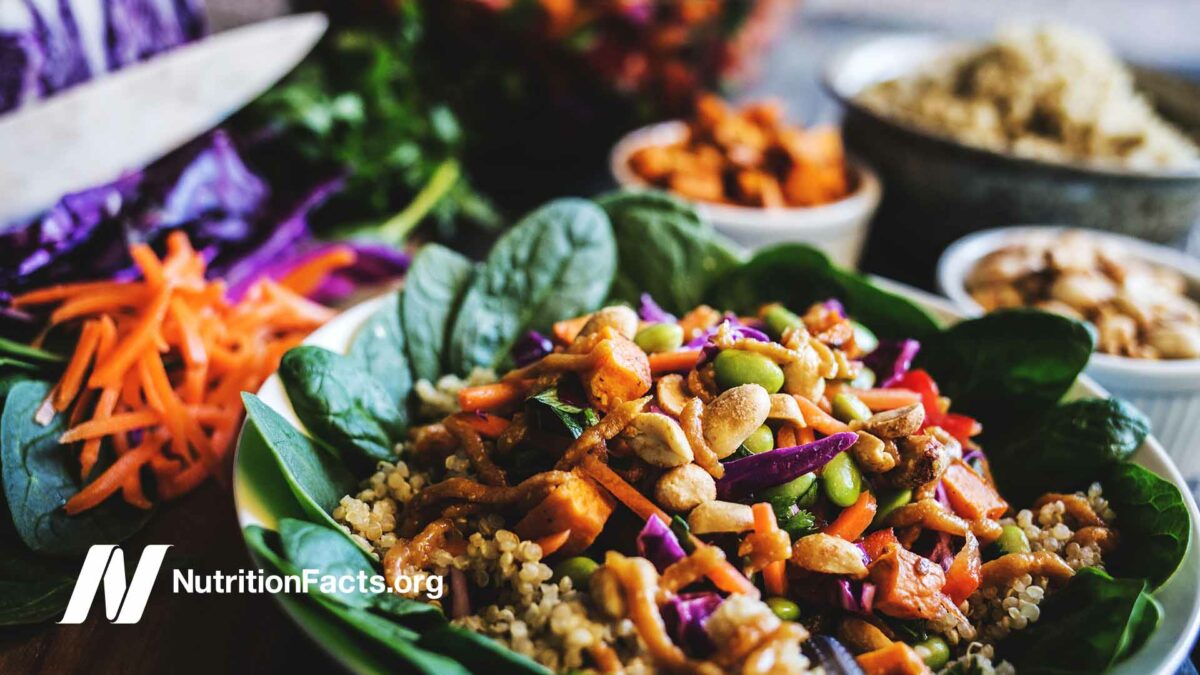
The Okinawa Diet: Living to 100
What would happen if you centered your diet around vegetables, the most nutrient-dense food group?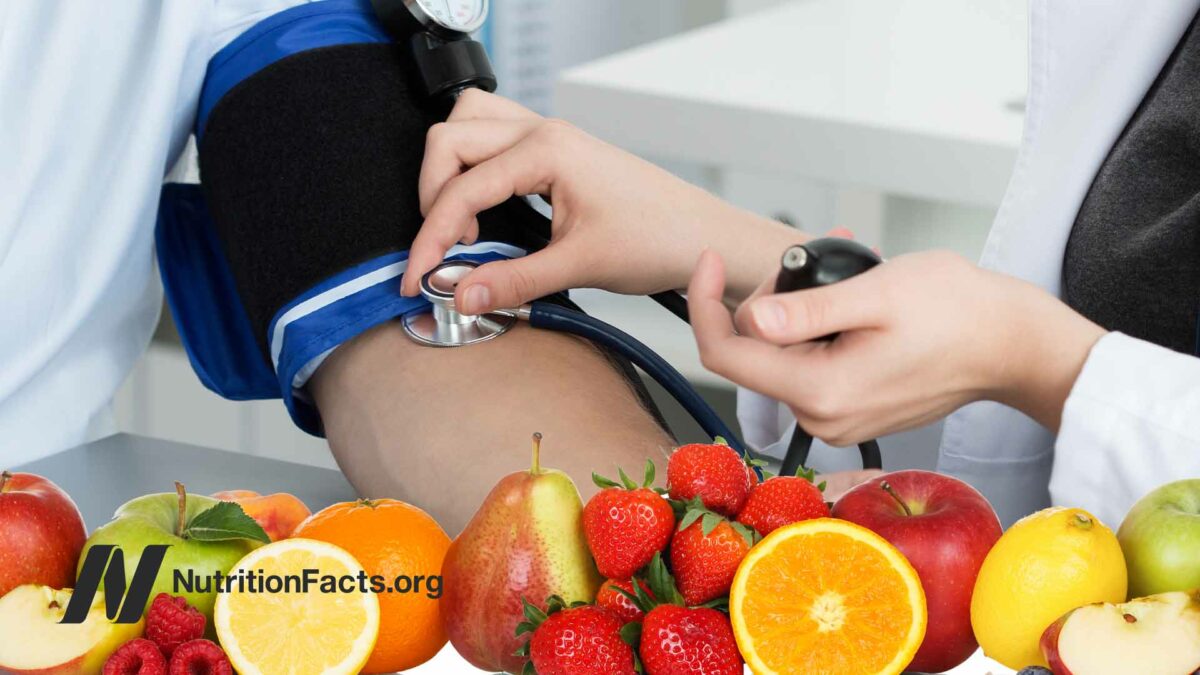
How to Prevent High Blood Pressure with Diet
High blood pressure, the #1 killer risk factor in the world, may be eliminated with...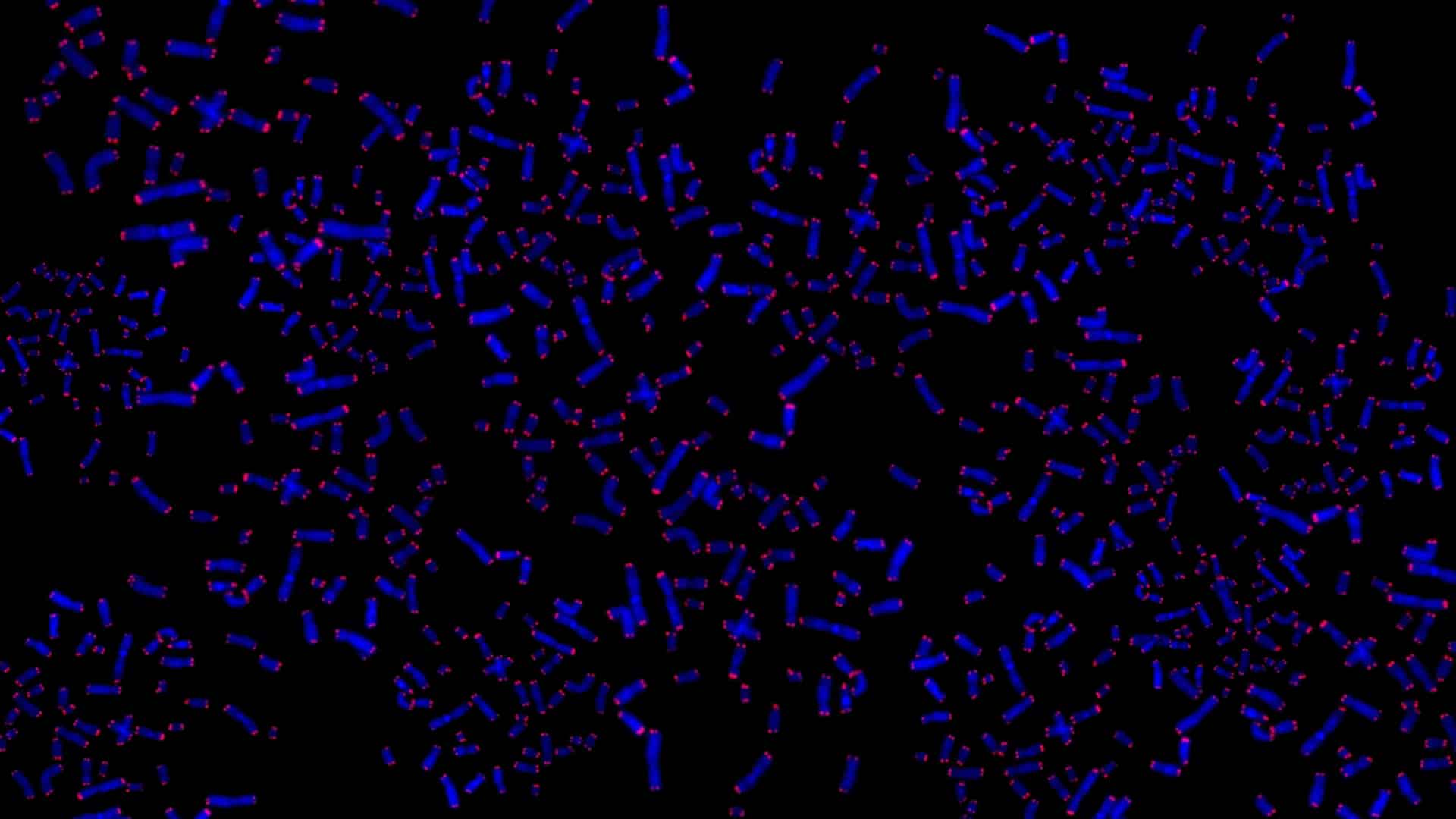
Telomeres: Cap It All Off with Diet
Is the reversal of cellular aging Dr. Dean Ornish demonstrated with lifestyle changes due to...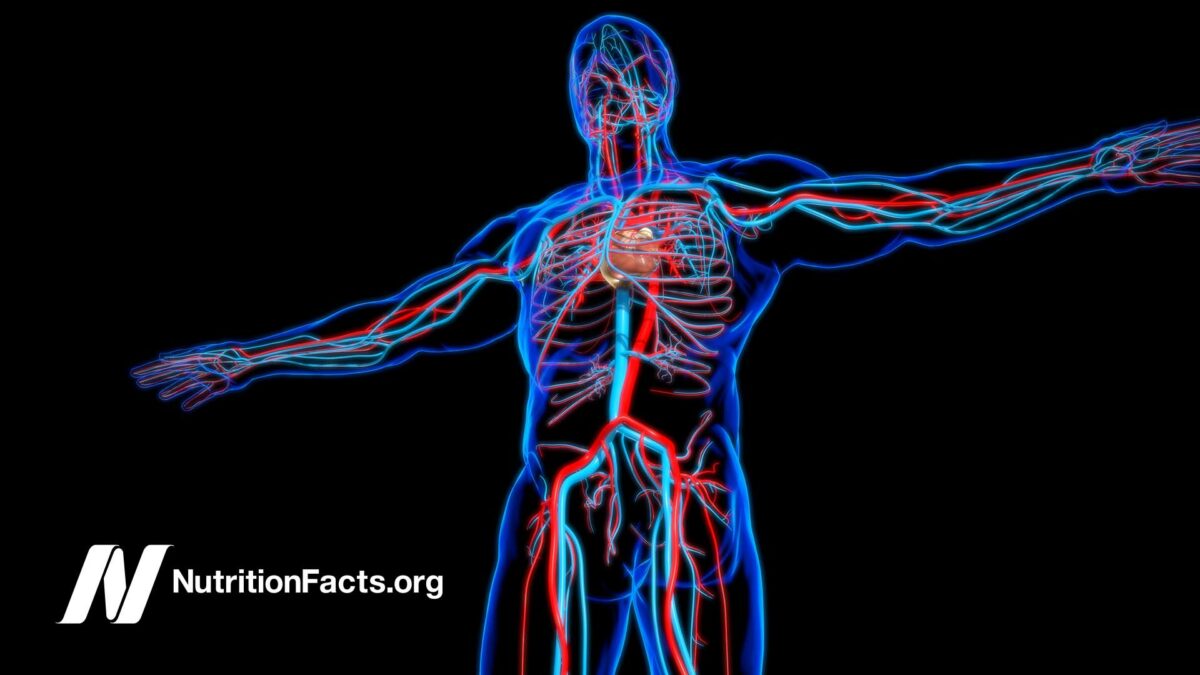
Survival of the Firmest: Erectile Dysfunction and Death
Because penile arteries are only about half the size of the coronary arteries in the...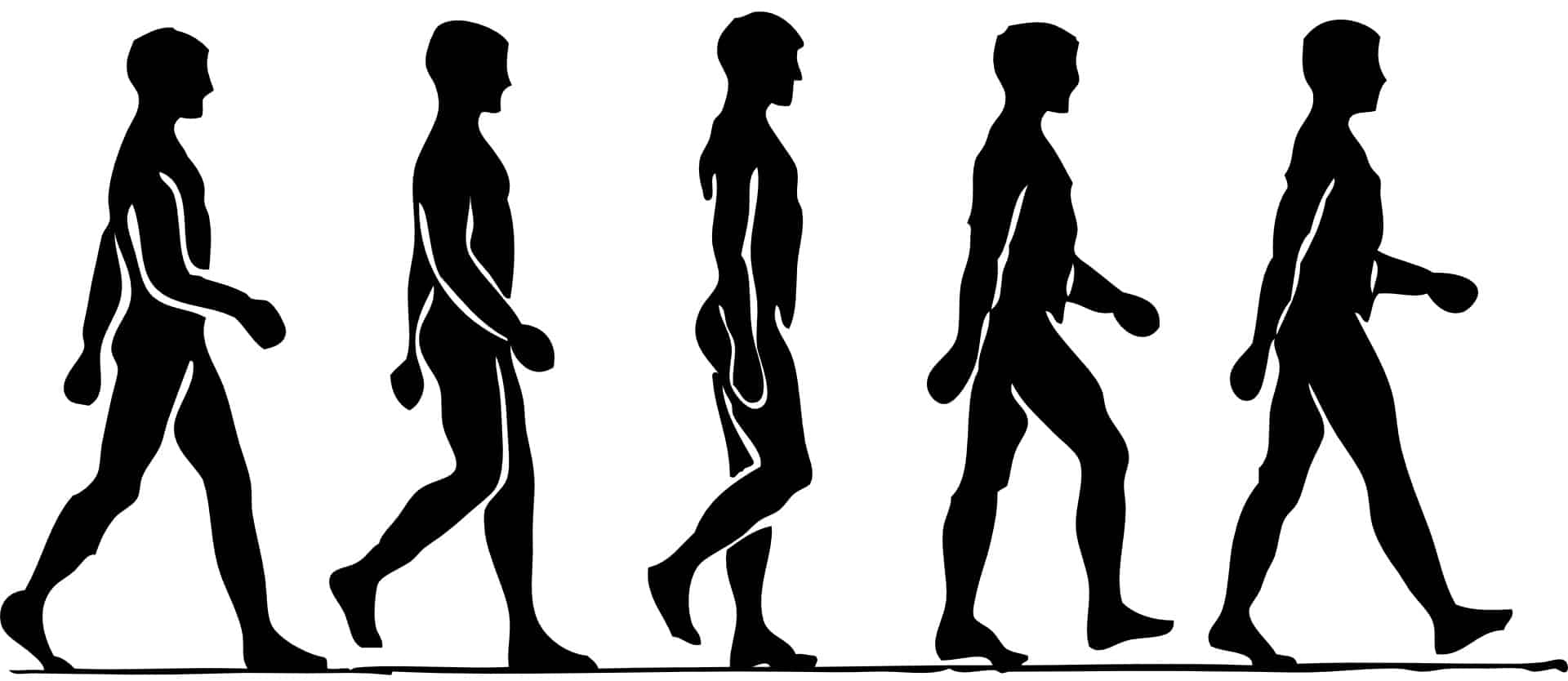
Longer Life Within Walking Distance
Researchers find exercise often works just as well as drugs for the treatment of heart...
Turning the Clock Back 14 Years
Four simple health behaviors may cut our risk of chronic disease by nearly 80%, potentially...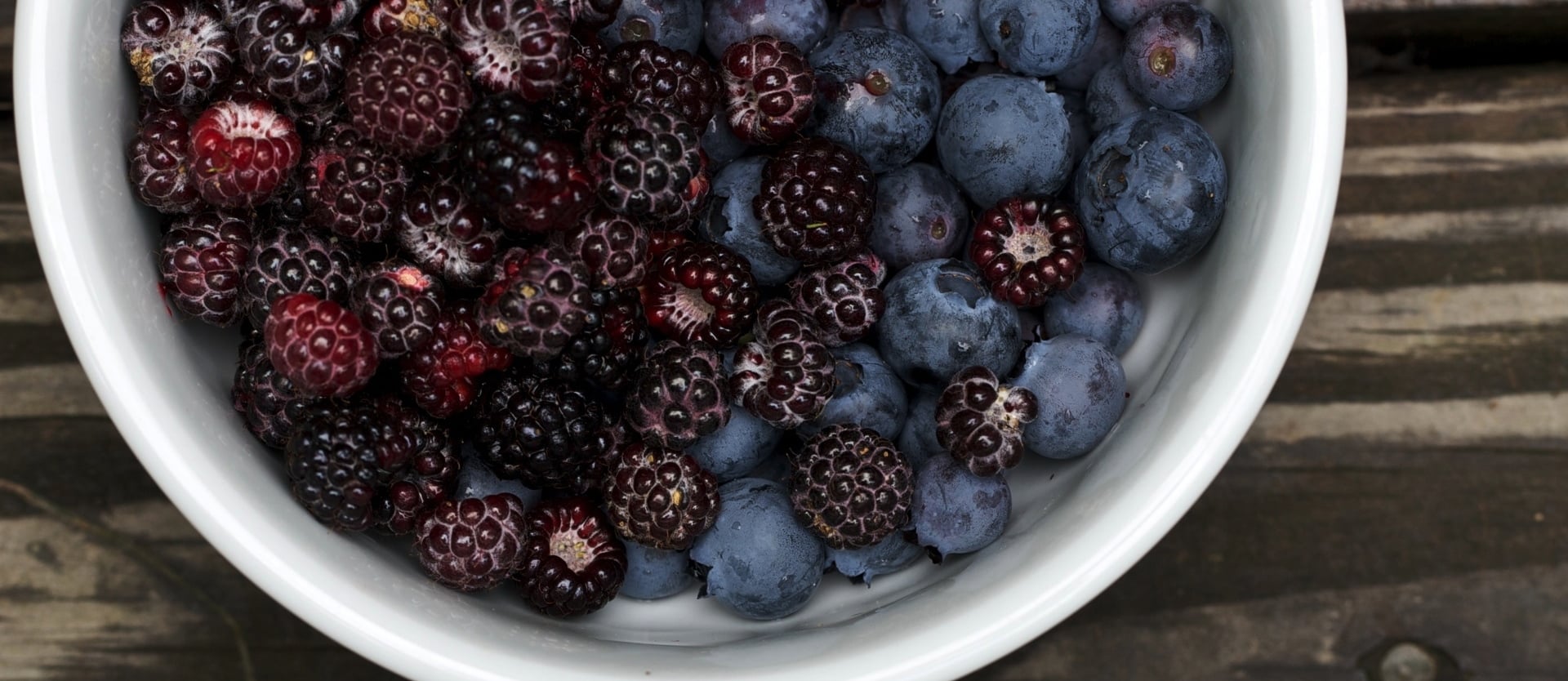
How to Slow Brain Aging by Two Years
The consumption of blueberries and strawberries is associated with delayed cognitive aging by as much...
Methionine Restriction as a Life-Extension Strategy
Plant-based diets may prove to be a useful nutrition strategy in both cancer growth control...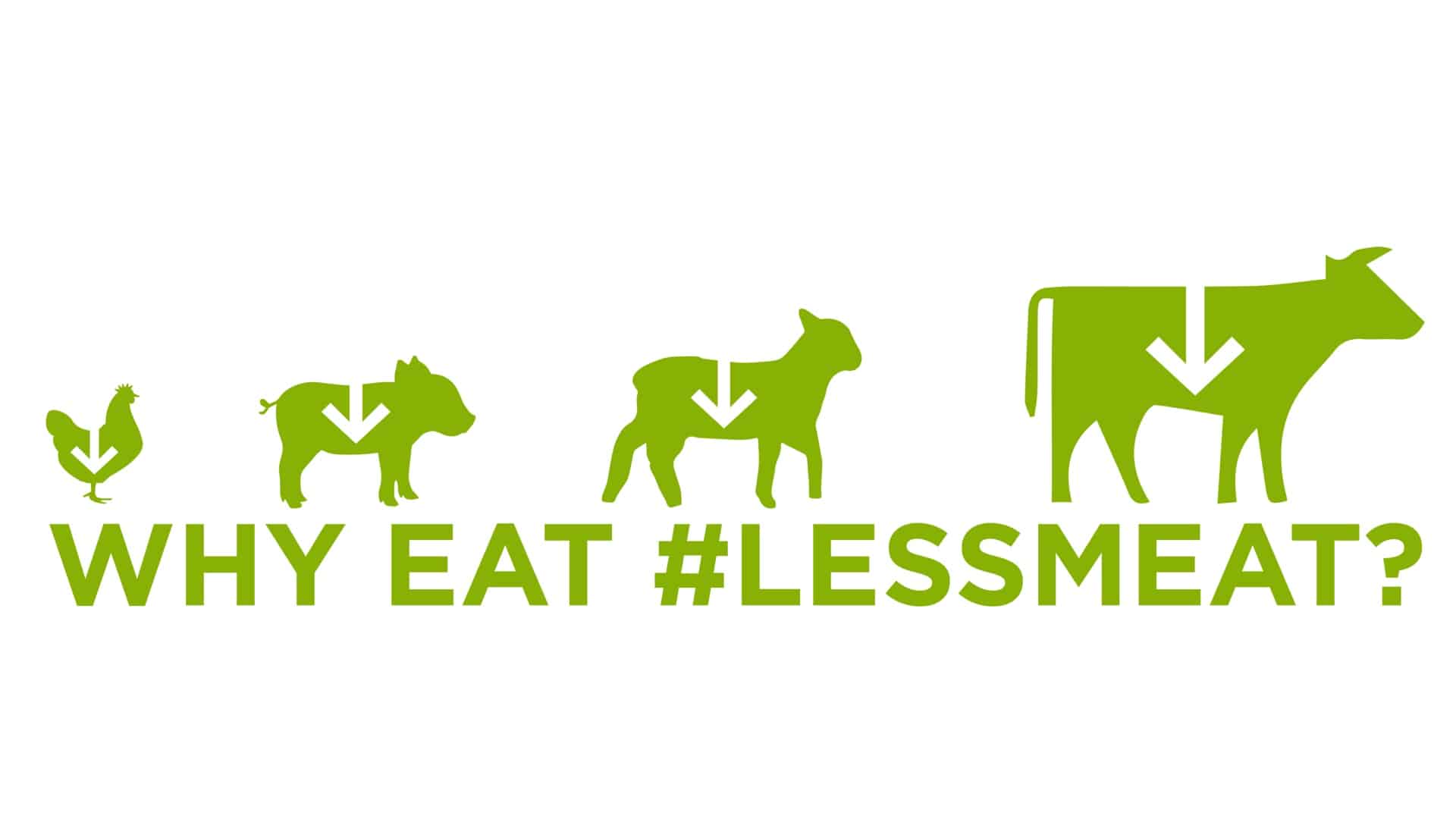
Do Flexitarians Live Longer?
Does just reducing one’s intake of meat, dairy, and eggs significantly reduce mortality?
Fruits, Veggies, and Longevity: How Many Minutes Per Mouthful?
The first study to gauge how much longer we live based on the number of...
How to Counter the Inflammation of Aging
What can we eat to combat “inflamm-aging,” the chronic low-grade inflammation that accompanies the aging...All Videos for Aging
-

The Third Way to Boost NAD+
How can we conserve NAD+ by preventing overactivation of the enzymes PARP-1 and CD38, which guzzle NAD+?
-

Which NAD+ Booster Is Best?
You can naturally get your body to make more NAD+ by boosting the NAD+ synthesizing enzyme NAMPT.
-

Risks of NAD+ Boosting Supplements
Particular caution should be used for NAD+-boosting supplements by those with cancer, a personal or strong family history of cancer and perhaps also by those with inflammatory disorders and certain active infections.
-

Lesser-Known NAD+ Boosting Supplements—Tryptophan, NADH, NMNH, and NRH
What are the pros, cons, and efficacy of dihydronicotinamide riboside (reduced NR), perhaps the most potent NAD+ precursor, as well as reduced NMN, taking NAD+ directly, or making it from scratch from tryptophan?
-

Risks and Benefits of Nicotinamide Mononucleotide (NMN), a NAD+ Booster
NR may just be a waste of money, safe but ineffective. NMN seems similarly useless in humans, but it may not even be safe.
-

Risks and Benefits of Nicotinamide Riboside (NR), a NAD+ Booster
The suppression of NAD+ synthesis by NR in humans may explain the disparate rodent results.
-

Risks and Benefits of Nicotinamide (NAM), a NAD+ Booster
The metabolism of NAM may deplete our methylation capacity, interfering with the normal metabolism of hormones and neurotransmitters, and produce a neurotoxic compound in the process.
-

Risks and Benefits of Nicotinic Acid (NA), a NAD+ Booster
Given niacin’s decades of use as a cholesterol drug, we have a good idea of its safety profile.
-

Can NAD+ Boosters Increase Lifespan and Healthspan?
The effects of NAD+ boosters on aged rodents have been described in the medical literature as “profound,” “dramatic,” and “remarkable,” but do they help people?
-

Do NAD+ Levels Decline with Age?
What is NAD+ and what role does it play in the aging process?
-

The Benefits of Saffron for Treating Age-Related Macular Degeneration
Eight threads of saffron a day can improve visual acuity in older adults with mild or moderate age-related macular degeneration.
-

Microbiome Manipulation with Oligomannate for Treating Dementia
A prebiotic derived from a type of brown seaweed is used for mild to moderate Alzheimer’s dementia in China. Does it work?
-

Fecal Transplant Experiments Show the Microbiome’s Role in Aging
Centenarian stool has anti-aging effects when fed to mice.
-

Melatonin Supplements for Sleep and Anti-Aging?
The secretion of melatonin appears to progressively decline with age, dropping as much as 70 percent between middle and older age.
-

The Best Foods for Your Skin
Greens, apples, tomato paste, and grapes are put to the test as edible skin care candidates.
-

Supplements for Sarcopenia (Age-Related Muscle Loss)
HMB, magnesium, omega 3s, and vitamin D are put to the test for muscle strength and function.
-

The Best Way to Boost NAD+: Supplements vs. Diet (webinar recording)
The pros and cons of all the NAD+ supplements and what are the ways to boost NAD+ naturally with diet and lifestyle?
-

Reversible Causes of Prematurely Graying Hair
Vitamin B12 deficiency is one of the rare, reversible causes of hair graying through some unknown mechanism.
-

Why Does Hair Turn Gray?
As with vitiligo in the skin, buildup of hydrogen peroxide kills the pigment cells in hair follicles.
-

Is Rapamycin a Universal Anti-Aging Drug?
Self-experimentation with the anti-aging drug rapamycin continues to be strongly discouraged.
-

Inhibiting mTOR with Rapamycin for Extending Lifespan and Healthspan
Rapamycin appears to be a universal anti-aging drug, extending the lifespan of all animals tested to date; it’s the only known drug to do so.
-

The Enzyme mTOR as an Engine of Aging
Inhibiting mTOR, the “master determinant of lifespan,” is considered the best validated aging regulator.
-

There’s a Fly in My Aging Research!
How do you unlock the mysteries of aging?
-

Epigenetic Clocks for Testing Your Biological Age
Epigenetic clocks have become established as robust measures of chronological age, surpassing telomere length as the best age predictor.
-

How to Prevent Skin Cancer with Diet
A randomized controlled trial found that a low-fat diet can result in a ten-fold lower skin cancer rate.
-

The Best Supplement to Prevent Skin Cancer
Oral nicotinamide has been shown to prevent skin cancers in high-risk patients and cause precancerous lesions to disappear.
-

How to Prevent Wrinkles with Diet
The evidence supports the recommendation to follow a whole food, plant-based diet for healthier looking skin.
-

Side Effects of Metformin as a Life-Extension Drug
As a mild mitochondrial poison, metformin carries a variety of downsides.
-

Does Metformin Work as a Life-Extension Drug?
Amazingly, diabetics placed on metformin may live longer lives than those who never got diabetes in the first place.
-

Naturally Boosting AMPK with Exercise for Life Extension
AMPK is said to serve as a “mitochondrial guardian.”
-

Naturally Boosting AMPK with Caloric Restriction for Life Extension
Amping AMP-activated protein kinase is one of the anti-aging pathways I cover in my longevity book, How Not to Age.
-

A Testimonial from Dr. Ornish’s Alzheimer’s Progression Reversal Study
What does improving the cognition and function of Alzheimer’s patients with lifestyle medicine actually translate to in terms of human impact?
-

Can Alzheimer’s Disease Be Reversed with a Plant-Based Diet?
Dr. Dean Ornish publishes the first randomized controlled trial investigating whether a plant-based diet and lifestyle program may reverse the course of early-stage Alzheimer’s disease.
-

Does Resveratrol Make You Live Longer?
Is the red wine molecule resveratrol responsible for the “French paradox”?
-

Onions and Tomatoes Put to the Test for Osteoporosis
Beyond the antioxidant, anti-inflammatory, and alkaline-forming qualities of fruits and vegetables in general, are there extra benefits our bones can get from particular produce?
-

Benefits and Side Effects of the Shingles Vaccine
How does the new shingles vaccine compare to the previous one?
-

Benefits and Side Effects of the Pneumonia Vaccine
Randomized controlled trials have found that pneumonia vaccines significantly reduce the risk of pneumococcal pneumonia in people 65 and older.
-

Benefits and Side Effects of the Flu Vaccine
Randomized placebo-controlled trials show that flu shots can be extraordinary lifesavers.
-

How to Preserve Your Sense of Smell
Loss of sense of smell can have serious consequences.
-

Ginkgo and Nicotinamide for Glaucoma Treatment
How do two common supplements stack up against glaucoma, the leading cause of irreversible vision loss in the world?
